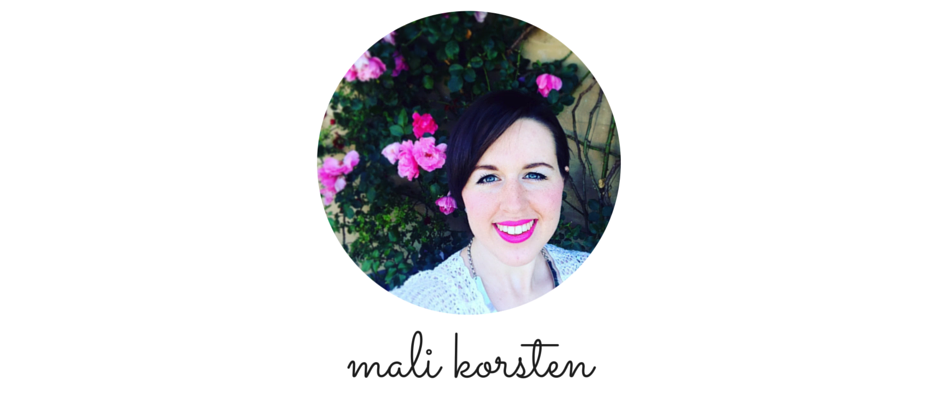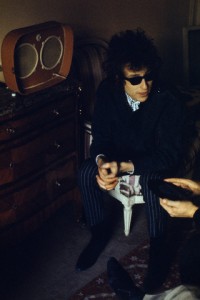Pretty much every musician I know has had moments where they’ve felt discouraged by the talent or success of another artist. I am very guilty of this, and at times have even considered giving up completely when it’s seemed like others are getting it all handed to them, while I have to wake up every morning and actively think of new and innovative ways to further my career. It took me a while to learn that this is an extremely non-beneficial mindset, which stifles creativity and motivation – the very things most artists need more of!
Here are a few reasons why it’s not a good idea to compare yourself to other artists:
They’re not necessarily showing you the whole truth. Remember, unless someone is your sibling/spouse/best friend, chances are they’re only showing you their best side. What looks like a magical lucky break could well be the eventual result of lots of hard work, perseverance, long gigs, nights spent on the computer, etc. Success doesn’t usually just fall in people’s laps, so if a fellow artist is experiencing success, they probably worked pretty hard for it. What’s more, if you continue to work hard then there’s no reason why you can’t experience similar success.
They’re probably comparing themselves to you too. If they know of your existence, they’re probably observing your career with equal scrutiny and comparing their successes to your own. If you’re smart, you’re not frequently alerting your followers to all your failures and rejections, so you too are presenting your best side, which probably looks much more enviable to other artists than you think it does.
Your art is your art, and their art is their art. Sure, it’s hard not to get jealous when we discover or meet artists who do something similar to us, but do it (in our estimation) better. It’s also hard to watch other artists experience greater levels of success than us when we think they’re not even as good as we are. But really, it’s dangerous to use words like “better” or “worse” when it comes to art. Art is completely subjective, and no two artists share the exact same artistic vision. So rather than losing your cool over how good or bad someone else’s art is, pour that energy into continually developing and honing your own. There’s no need to let somebody else’s creative expression throw you into the depths of insecurity.
Don’t get me wrong – I think it’s great to let other artists inspire and motivate you. And sometimes that motivation can come in the form of, “I love James Taylor’s guitar-playing! I’m going to practice every day so that I can learn how to play as well as he does.” There’s nothing wrong with that! But there’s a big difference between that and, “Ugh, I hate the fact that James Taylor can play guitar so much better than I can. I might as well quit now – I’m never going to be as good as him.” Don’t let the latter mindset inhibit your artistic growth! Allow yourself to be inspired by and appreciative of other people’s art and successes, and don’t compare it/them to your own. Doing so will just leave you feeling dejected, and will not make you a better artist.
Photo courtesy of Helga Weber




